As Wilko teeters on the brink of administration, placing potentially 12,000 jobs and 400 stores at risk, Retail Gazette takes a look back at some of the biggest administrations to hit the sector.
Arcadia

Back in November 2020, Sir Philip Green’s Arcadia Group entered administration, in a huge blow to high streets across the UK.
His retail empire – which operated chains including Topshop, Topman, Burton, Dorothy Perkins, Miss Selfridge and Evans – appointed administrators from Deloitte.
The pandemic may have pushed the retail juggernaut over the edge, however, it had been floundering for some time amid increasing competition from online retailers like Asos and Boohoo.
A few months later, Asos snapped up jewel in the crown Topshop, along with Topman and Miss Selfridge in £330m while Boohoo was left to add Dorothy Perkins, Wallis and Burton to its roster.
However, all 466 Arcadia stores were closed and thousands of jobs lost.
Debenhams
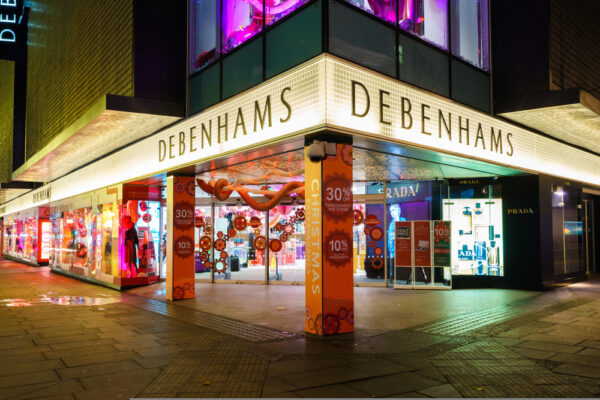
Another huge chain fell by the wayside during the pandemic – Debenhams.
The 240-year department store plunged into administration for the second time in a year in April 2021. All remaining 124 Debenhams stores were permanently shuttered, resulting in more than 10,000 job losses.
Much like Arcadia, Debenhams had failed to move with the times and its product range lost its appeal. The business was also burdened by unsustainable debts.
Boohoo has since snapped up its IP to bring Debenhams back online. It has also opened a beauty store in Manchester’s Arndale Centre.
Woolworths
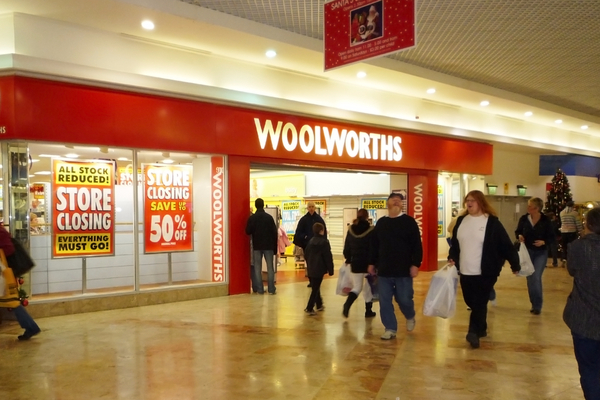
Over a decade ago, the 100-year-old high-street staple Woolworths collapsed, resulting in the loss of 807 stores and 27,000 jobs between December 2008 and January 2009.
The business had been teetering on the brink as it struggled with debts of £385m and its collapse was regarded as one of the biggest retail administration in the UK at the time.
BHS
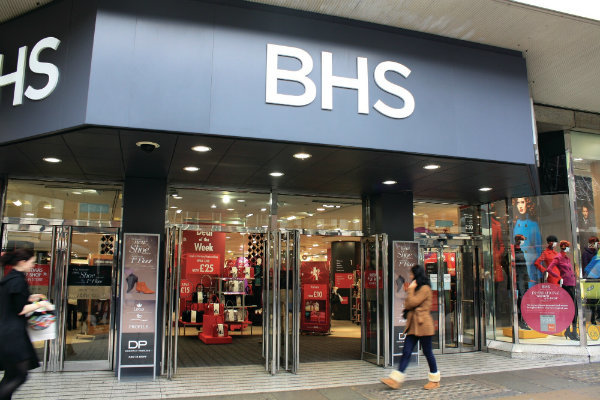
BHS fell into administration in 2016, just over a year after Sir Philip Green sold it for £1 to a consortium led by twice bankrupt entrepreneur Dominic Chappell.
The business entered liquidation shortly after and its 160 stores – and 11,000 jobs – were lost.
BHS stayed in headlines after a £571m blackhole was revealed, impacting around 19,000 pension holders, which lead to a parliamentary inquiry where Green and Chappell were interrogated.
The disgraced Chappell was convicted of evading VAT, corporation tax and income tax after a trial at London’s Southwark crown court.
Blockbuster
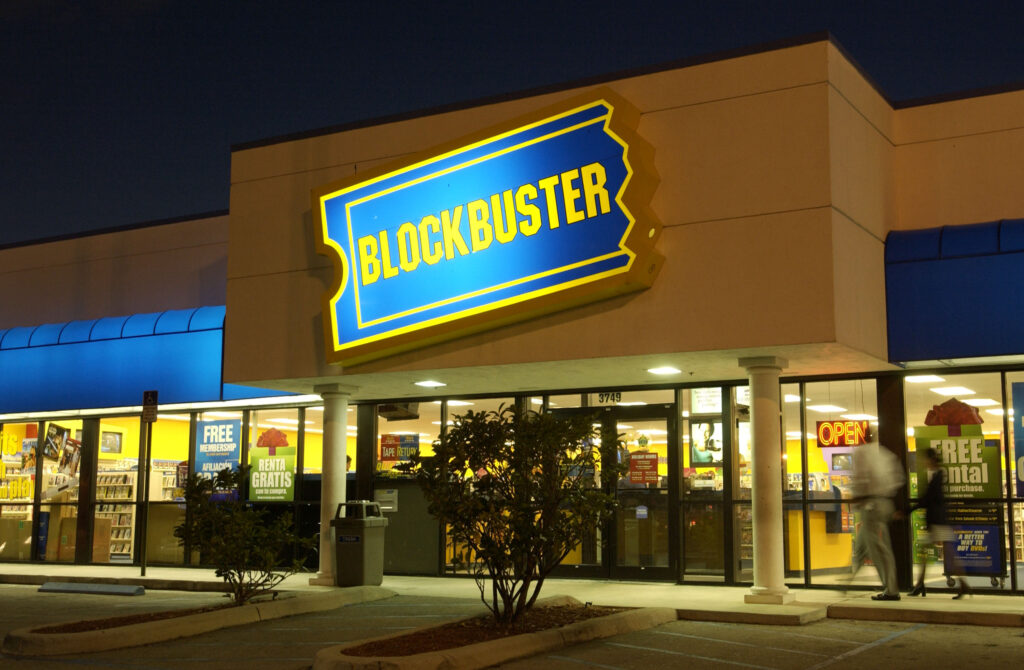
As online competition grew and streaming services such as Netflix gained popularity, Blockbuster fell into administration in September 2010 and again in January 2013.
It had 528 UK stores and employed more than 4,000 staff at the time.
It was given a short stay of execution when it was rescued by restructuring specialist Gordon Brothers but plunged into administration again in November 2013, closing its branches for good.
Toys R Us
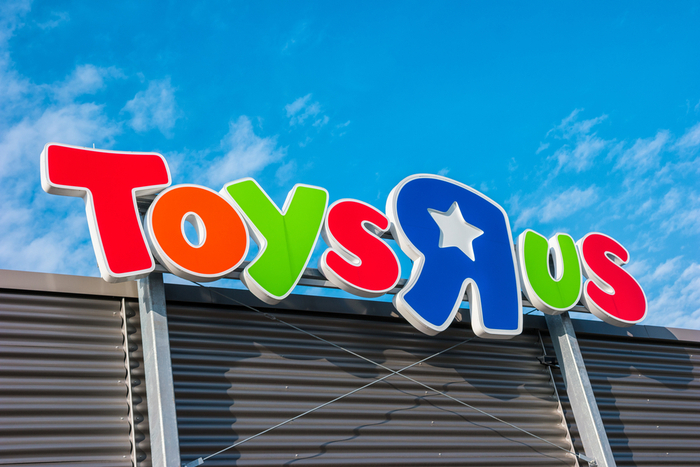
Toys R Us plunged into administration back in 2018, and soon after it shuttered all 105 UK stores as it failed to secure a buyer.
However, this summer Toys R Us returned to the UK as it opened nine concessions within WHSmith.
The business is now operated by Toys R US Anz, which holds the right to the brand in the UK.
Borders
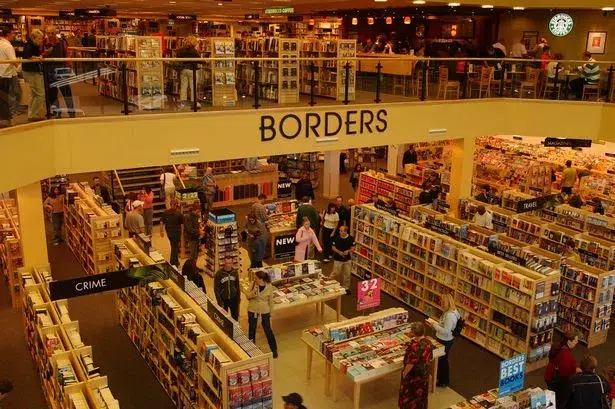
Book retailer Borders collapsed in the UK back in June 2009 as the business struggled to compete with the likes of online giant Amazon.
The collapse left 1,150 employees jobless as its 45 stores closed.
Borders first opened in the UK in 1997 and was well known for its large store formats, helpful staff, wide range of books and its in-store cafes.
Comet
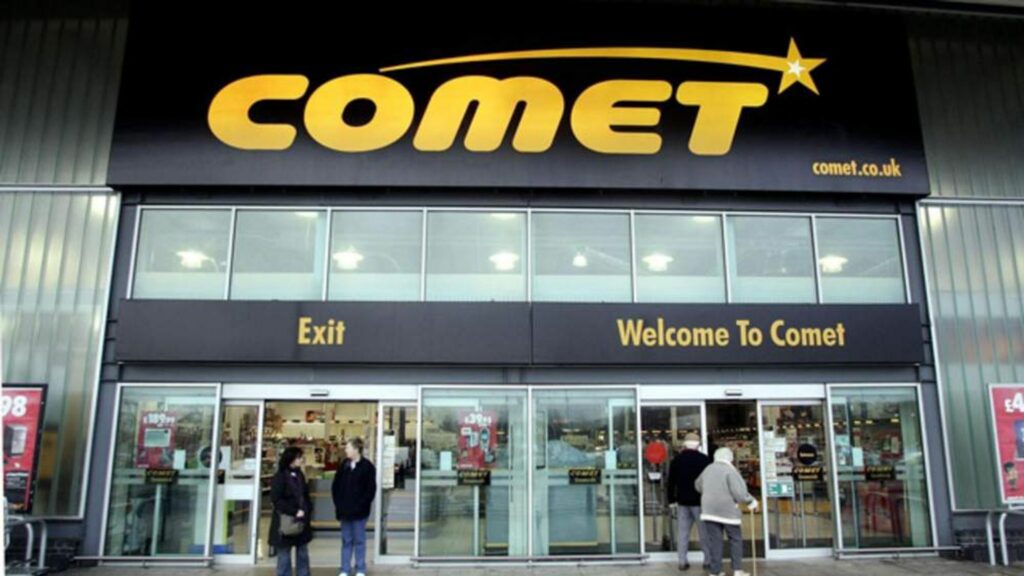
The electrical retail chain, which was formed in 1993, collapsed into administration in 2012, when owner, private equity firm OpCapita, failed to turn the business around after purchasing it from Kesa.
The retailer had struggled to make headway as supermarkets and online retailers, such as Amazon, targeted the electricals market.
The company, which was the UK’s second largest electrical specialist after Currys owner Dixons, closed all stores by December 2012.
Click here to sign up to Retail Gazette‘s free daily email newsletter


















